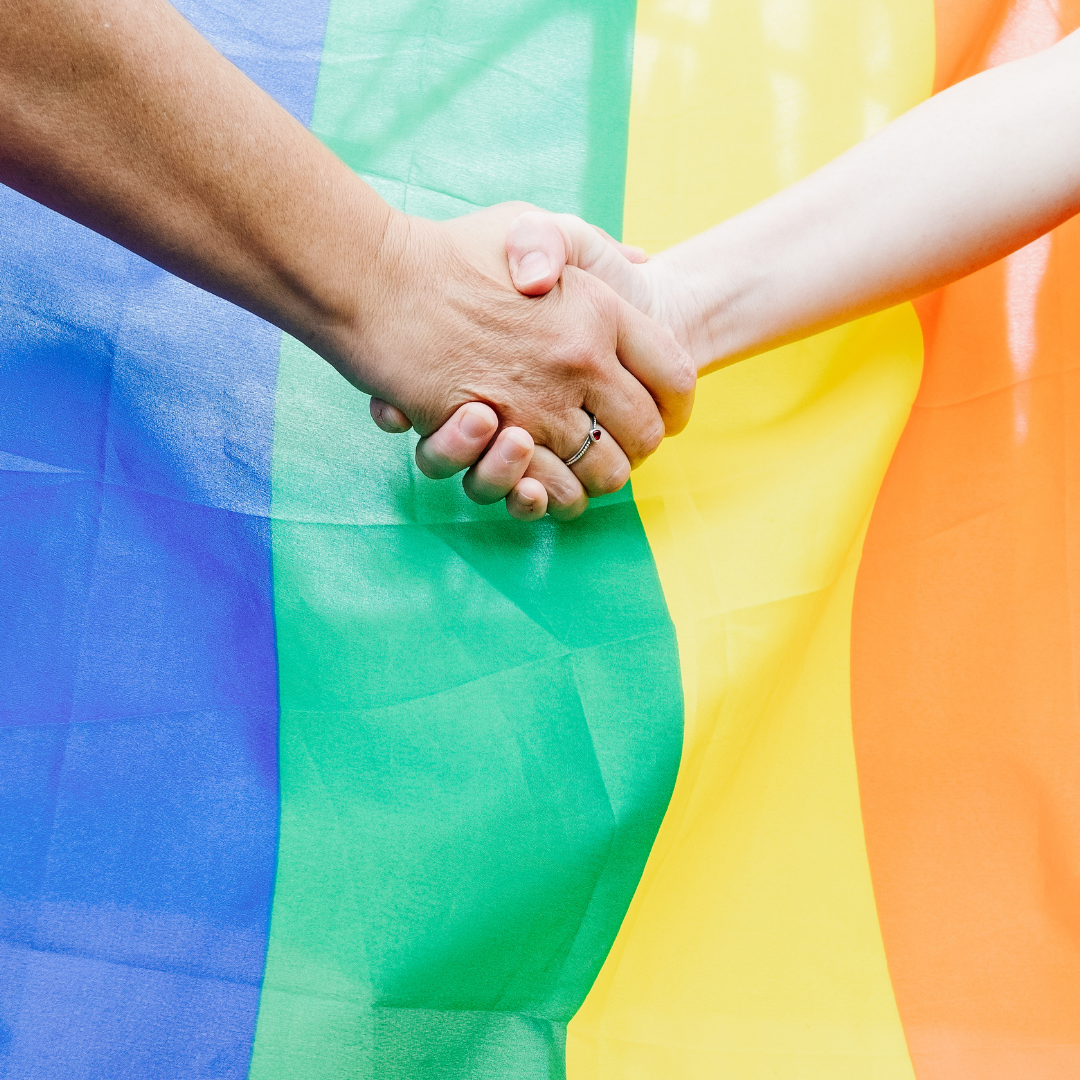High school is tough. Emotional and physical stress can take a toll on students, especially so if they are LGBTQIA+ young people. And this is especially true in a lot of schools in different countries. Many of the most important conversations about identities take place in the hallways of classrooms and student clubs. Our schools see the effects of prejudice and discrimination in many forms, and our children are at the center of this darkness.
We should all be able to go to school and feel safe in the classroom. However, the harsh reality is that for some, this fundamental right is compromised by the presence of violence, discrimination, and exploitation. Too many young lives are scarred by the trauma of bullying, abuse, or alienation due to their identity, gender, or background. It’s a heartbreaking truth that no child should ever have to face, and one that demands a collective commitment to creating a nurturing environment where all students can thrive. By implementing comprehensive empowerment initiatives and student wellbeing programs in schools, we can equip our youth with the tools, resources, and support system they need to overcome these challenges and pave the way for a future defined by equality, acceptance, and unwavering resilience.
Kids should be able to have the ability to be themselves, be true to who they are, and openly express their sexuality as these are vital to the safety and wellbeing of our youth. But sadly, it is still a dangerous and dangerous world. The world of education has been changing rapidly over the past decade, with more and more people questioning the relevance of traditional gender roles. However, there are still some people who oppose and want to keep traditional gender roles as the only option.
Being an LGBTQIA+ student means navigating a world that is far from accepting. While each student may navigate personal challenges uniquely, all LGBTQIA+ students face similar struggles. Beyond the stigma and harassment in the classroom, LGBTQIA+ students face microaggressions on campus, discrimination by their peers and in the workplace. While it may seem like a small problem, these daily experiences can profoundly affect mental health.
Although there are many ways you can define “teacher,” there are only a few who can be called “supporting.” But that’s what it means to be a “supporting” educator, and it’s a job that’s not only important but can make a real difference in the lives of LGBTQ students. Support and acceptance of LGBT+ students at schools is an essential part of being an accepting and inclusive school. While the majority of schools are not necessarily inclusive of the community, there are a few things that can be done to make schools more welcoming.
- In the lives of LGBTQIA+ people, who are still highly stigmatized in many parts of the world, coming out is a difficult and courageous thing to do. However, overcoming discrimination from others is not the end of the story. Most people go through a period of self-reflection and reflection of their peers. However, those who wish to create a safe and accepting environment for LGBTQIA+ students can play a vital role in simply creating an environment where students can be themselves without fear of rejection or harm.Keeping up to date with what is happening in the world that can affect LGBTQIA+ students using resources from the lgbt bar association can be a good way to offer practical support.
Starting an LGBTQIA+ organization in your school can be a great idea. This can help students be more comfortable and open. They can slowly be more confident with the help of other LGBTQIA+ students and teachers and won’t have to feel left out or isolated from the rest of the school.
- It’s not very surprising to see that there will be students or even teachers that don’t like the idea of others being a part of the LGBTQIA+ community. They use slurs, they bully, and they’re even using their school as a platform for spreading their hate. While some have the courage to stand up and make their voices heard, many don’t. If you’re in high school or a member of the LGBT community, you need to know that standing up against anti-gay bullying is not only possible, and it’s a moral imperative.
- LGBTQIA+ students are often afraid to come out. They worry that not being out and open about their sexual orientation or gender identity at school will affect their grades, friends, ability to find a boyfriend or girlfriend, and other things that they consider important.
You can help your students by encouraging them to stand up for themselves and have a voice. Let them have the voice and chances to say something, and this can help to make others who have been quiet and give them the confidence to also show who they are.



